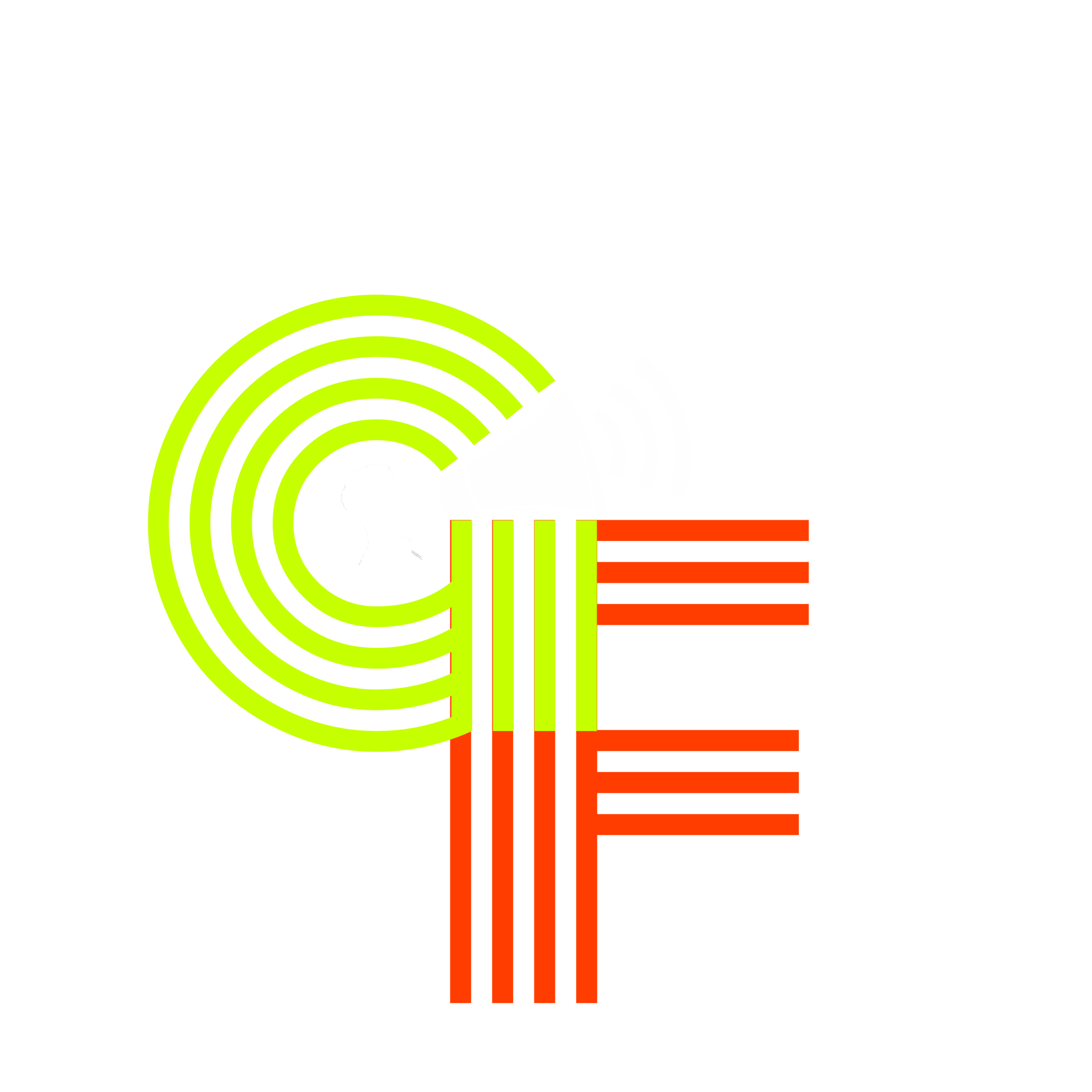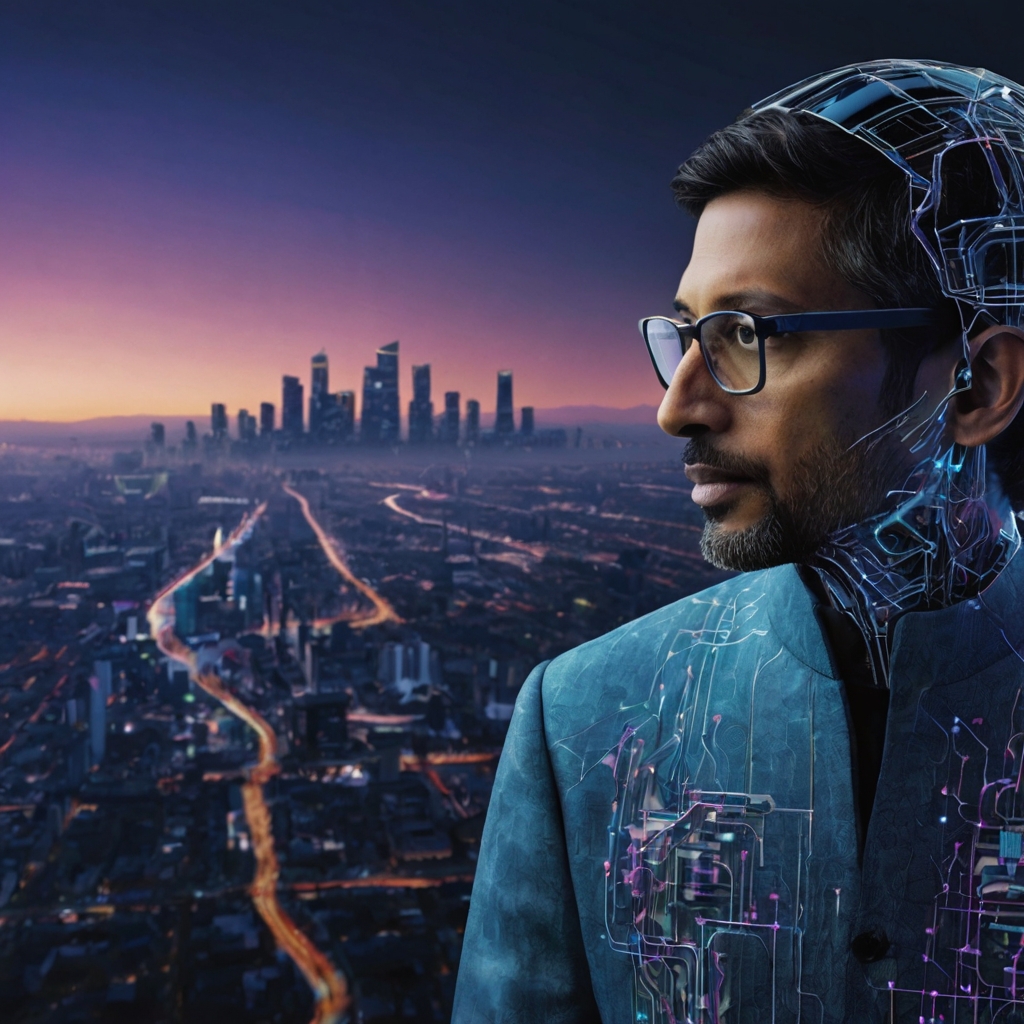In a world that’s rapidly evolving with technology, artificial intelligence (AI) is at the forefront of these changes. Sundar Pichai, CEO of Google and its parent company Alphabet, recently shared some insightful thoughts on the future of AI and its impact on various industries. According to Pichai, we are on the brink of experiencing profound transformations in the coming 2-4 years, which will revolutionize the way we live, work, and interact with technology.
In this blog post, we’ll delve into the key insights shared by Pichai, exploring how AI will reshape our future and what it means for businesses, individuals, and society as a whole.
1. AI Will Be a Pervasive Force Across All Industries
Pichai emphasized that AI is no longer just a niche technology but will soon become a ubiquitous presence in almost every industry. From healthcare and education to retail and entertainment, AI will serve as a catalyst for innovation and efficiency.
Healthcare: AI will help doctors diagnose diseases with greater accuracy, reduce human errors, and even predict potential health issues before they become critical. With advancements in machine learning and data analytics, AI could dramatically improve the speed and quality of treatments.
Education: AI will provide personalized learning experiences, allowing educators to cater to each student’s needs more effectively. Intelligent tutoring systems will make education more accessible, even in remote areas, by offering customized lesson plans based on individual learning paces and styles.
Retail and E-commerce: AI-driven algorithms will revolutionize the way businesses engage with customers. From predictive inventory management to personalized recommendations, AI will allow companies to streamline operations, improve customer experiences, and drive sales.
2. AI Will Empower Workers, Not Replace Them
There has been widespread concern about AI replacing human jobs, but Pichai reassured that AI would not simply eliminate employment opportunities. Instead, AI will enhance human capabilities and assist workers in more productive and creative tasks.
Automation of Mundane Tasks: AI will take over repetitive and time-consuming tasks, such as data entry, scheduling, and customer support. This will free up time for employees to focus on higher-level decision-making, creativity, and problem-solving.
Collaboration with AI: Instead of replacing humans, AI will augment human intelligence, enabling workers to make better decisions. For example, in the field of design, AI-powered tools could help artists and graphic designers brainstorm ideas or even create prototypes.
Upskilling the Workforce: As AI continues to evolve, workers will need to acquire new skills to work alongside these intelligent systems. This will open doors for more education and training opportunities, leading to an era of lifelong learning.
3. The Rise of AI-Powered Creativity
Pichai also predicted that AI will play a major role in fostering creativity. While AI may have started as a tool for efficiency, its potential in creative industries will become more evident in the coming years.
Content Creation: From generating written content to composing music and designing visual art, AI will assist creators in various fields. AI tools that generate text, images, and videos could revolutionize how content is produced, making it more accessible and efficient for creators of all levels.
Enhanced Creativity: AI can act as a brainstorming partner, suggesting new ideas, enhancing existing concepts, and even offering artistic insights. By collaborating with AI, creatives can push the boundaries of their work and achieve results that were previously impossible.
Entertainment: In film and video games, AI could generate dynamic narratives, characters, and scenes, allowing creators to craft richer and more interactive experiences. For instance, personalized video game storylines that adapt to players’ choices in real-time are becoming more realistic.
4. Ethical and Responsible AI Development
As AI continues to grow, Pichai stressed the importance of ensuring that AI is developed responsibly and ethically. There must be safeguards in place to prevent bias, protect user privacy, and ensure transparency in AI systems.
Bias and Fairness: AI systems are only as good as the data they are trained on. If that data contains bias, AI could perpetuate those biases in its decisions. Therefore, developers must focus on making AI systems more fair and impartial.
Privacy and Security: With the rise of AI, concerns about data privacy will also increase. Google’s efforts to ensure that AI systems respect privacy rights and maintain security protocols will be crucial in the coming years. AI will need to be used responsibly, safeguarding both user data and digital security.
Transparency: Pichai highlighted the need for transparency in AI systems, where users can understand how AI makes decisions and what data it uses. This is essential to build trust and ensure that AI is used for the greater good of society.
5. AI in the Cloud: The Next Big Frontier
The cloud is already a dominant force in technology, but with the integration of AI, its impact will be exponentially greater. AI and cloud computing will work hand-in-hand to unlock new possibilities.
Scalable AI Solutions: By combining cloud infrastructure with AI capabilities, businesses will be able to access scalable, cost-effective AI solutions without needing to invest heavily in on-site hardware. This will make AI accessible to smaller businesses, leveling the playing field and driving innovation across industries.
Collaboration Across Organizations: The cloud will allow organizations to share AI models, data, and insights in real-time, fostering collaboration and accelerating innovation. This could result in rapid advancements in AI research, leading to new breakthroughs in fields like healthcare, climate change, and education.
6. AI Will Be Integral to Solving Global Challenges
Pichai closed his remarks by stating that AI holds the potential to help address some of the world’s most pressing challenges, including climate change, global health crises, and economic inequality.
Climate Change: AI can assist in predicting environmental changes, optimizing energy consumption, and improving resource management. By using AI to analyze climate data, scientists can develop more accurate models to fight climate change.
Global Health: AI-powered diagnostics and medical research will help address global health crises by providing more precise treatments, detecting diseases early, and enabling personalized medicine.
Social Impact: AI’s ability to analyze vast amounts of data can provide insights into societal challenges, such as poverty and inequality. By understanding these issues in greater detail, AI could inform policy decisions that address the root causes of these problems.
The Future Is AI-Driven
As Sundar Pichai rightly pointed out, the next 2-4 years will bring monumental changes driven by AI. From revolutionizing industries and empowering workers to fostering creativity and solving global problems, the potential of AI is immense. However, with great power comes great responsibility. It is crucial that AI is developed ethically, responsibly, and inclusively to ensure that its benefits are shared by all.
The future is indeed AI-driven, and as we stand on the precipice of this exciting new era, we can only imagine the boundless possibilities that lie ahead.

